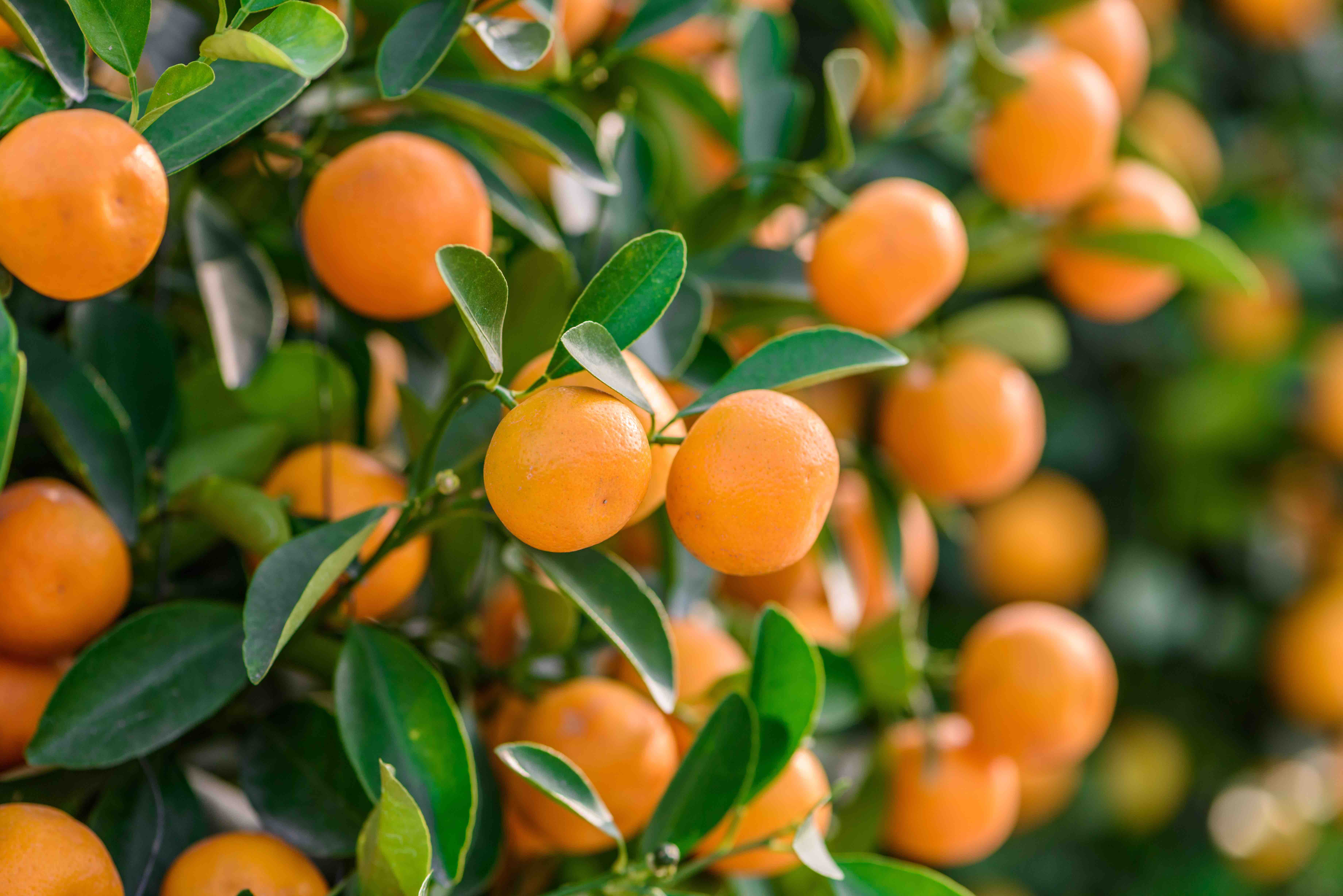
Oranges, with their vibrant color and refreshing taste, have become one of the most popular fruits worldwide. From their juicy flesh to their versatility in culinary creations, oranges are a true delight. In this comprehensive article, we dive into the world of oranges, uncovering 15 fascinating facts that will leave you amazed by the wonders of this citrus fruit. So sit back, peel an orange, and join us on this zesty journey.
Orange Origins
Oranges have a rich history that dates back thousands of years. The origin of oranges can be traced to Southeast Asia, where they were first cultivated.
Nutritional Powerhouse
Oranges are renowned for their high vitamin C content, which boosts the immune system. They are also rich in dietary fiber, antioxidants, and essential nutrients like folate and potassium.
Varieties Galore
Oranges come in a variety of types, each with its own distinct flavor and characteristics. Some popular orange varieties include Navel oranges, Valencia oranges, and the intriguingly named Blood oranges.
Oranges and Vitamin C
Oranges are often associated with vitamin C, as they are a prime source of this essential nutrient. Consuming oranges helps promote collagen production, aids in iron absorption, and boosts overall immune health.
Oranges Around the World
Oranges are consumed and cultivated in numerous countries worldwide. Brazil, the United States, and China are among the top producers of oranges, showcasing the global love for this citrus fruit.
The Colorful Orange Zest
The orange peel, often discarded, has its own set of uses. Orange zest, the grated outer layer of the peel, adds a burst of flavor to dishes, desserts, and beverages.
Orange Blossoms
Orange blossoms not only yield the beloved fruit but also offer a captivating fragrance. The scent of orange blossoms is used in perfumes, candles, and aromatherapy.
Orange Juice

Orange juice is a popular choice for a refreshing and nutritious drink. Orange juice can be classified into two main types: fresh-squeezed or freshly squeezed orange juice and packaged or store-bought orange juice. Freshly squeezed orange juice is made by manually extracting the juice from fresh oranges. Packaged or store-bought orange juice, on the other hand, undergoes a commercial process that involves pasteurization to extend its shelf life. Store-bought orange juice often comes in different varieties, including pulp-free, with pulp, or even with added calcium or vitamin D.
Orange in Art and Symbolism
Oranges have found their way into art and symbolism throughout history. The color orange is often associated with warmth, joy, and creativity.
Oranges have also been linked to fertility and the cycle of life. The fruit’s vibrant color and the presence of seeds inside have been seen as symbols of fertility, growth, and the regenerative power of nature. Oranges have been included in artworks that depict themes of fertility, maternity, and the cycle
Orange Peels and Sustainability
Orange peels have gained attention for their eco-friendly uses. They can be repurposed as natural cleaners, air fresheners, or compost additives.
Orange Harvesting
Orange harvesting requires precision and care to ensure the fruit is picked at the peak of ripeness. Handpicking is a common method employed to harvest oranges without damaging the delicate fruit. After harvest, the oranges go through a sorting and grading process. This involves separating the oranges based on factors such as size, color, and quality.
Oranges in Traditional Medicine
Oranges have long been utilized in traditional medicine for their potential health benefits. They are believed to aid digestion, relieve constipation, and promote overall well-being. In traditional medicine, the vitamin C and other natural compounds found in oranges are also believed to have expectorant properties, helping to loosen mucus and relieve coughs.
Orange Trees

Orange trees, with their lush green foliage and vibrant fruits, add beauty to landscapes. These trees require proper care, ample sunlight, and well-draining soil to thrive.
Orange Festivals
Orange festivals are held in various parts of the world to honor this beloved fruit. These festivals feature parades, orange-themed activities, and culinary competitions. Some of the most popular orange festivals include The Orange Festival of Ivrea and the National Orange Show Festival in the States.
The Symbol of Good Luck
Oranges hold great significance in Chinese culture and are often associated with good luck, wealth, and prosperity. During the Chinese New Year, oranges are exchanged as gifts to wish the recipient good fortune and blessings for the coming year. The bright color of oranges is believed to represent gold and symbolize wealth and happiness.
In Mediterranean and Middle Eastern cultures, the orange tree is often seen as a symbol of good luck and fertility. Oranges are associated with blessings, happiness, and the abundance of nature. During wedding ceremonies, oranges are sometimes used as decorations or given as gifts to bestow blessings upon the couple.
Final Thoughts
Oranges have rightfully earned their place as a beloved fruit worldwide. From their nutritional benefits to their cultural significance, oranges offer a delightful and enriching experience. We hope these 15 interesting facts have deepened your appreciation for this zesty citrus fruit. So, the next time you enjoy an orange, take a moment to savor its vibrant flavor and let it brighten your day.
Frequently Asked Questions (FAQs)
Are oranges good for weight loss?
Oranges can be beneficial for weight loss as they are low in calories and high in fiber, which aids in digestion and promotes a feeling of fullness.
Can oranges help improve skin health?
Yes, oranges are rich in vitamin C and antioxidants, which are essential for healthy skin. They help in collagen production and protect against oxidative stress.
What is the best way to store oranges?
Oranges are best stored at room temperature, away from direct sunlight. They can also be stored in the refrigerator for a longer shelf life.
Can oranges interact with certain medications?
Oranges contain compounds that may interact with certain medications, particularly those metabolized by the liver. If you have concerns, consult with your healthcare provider.
Are organic oranges worth the extra cost?
Organic oranges are grown without synthetic pesticides and fertilizers, which may appeal to those seeking a more sustainable and chemical-free option. However, both organic and conventional oranges offer similar nutritional benefits.
Was this page helpful?
Our commitment to delivering trustworthy and engaging content is at the heart of what we do. Each fact on our site is contributed by real users like you, bringing a wealth of diverse insights and information. To ensure the highest standards of accuracy and reliability, our dedicated editors meticulously review each submission. This process guarantees that the facts we share are not only fascinating but also credible. Trust in our commitment to quality and authenticity as you explore and learn with us.
